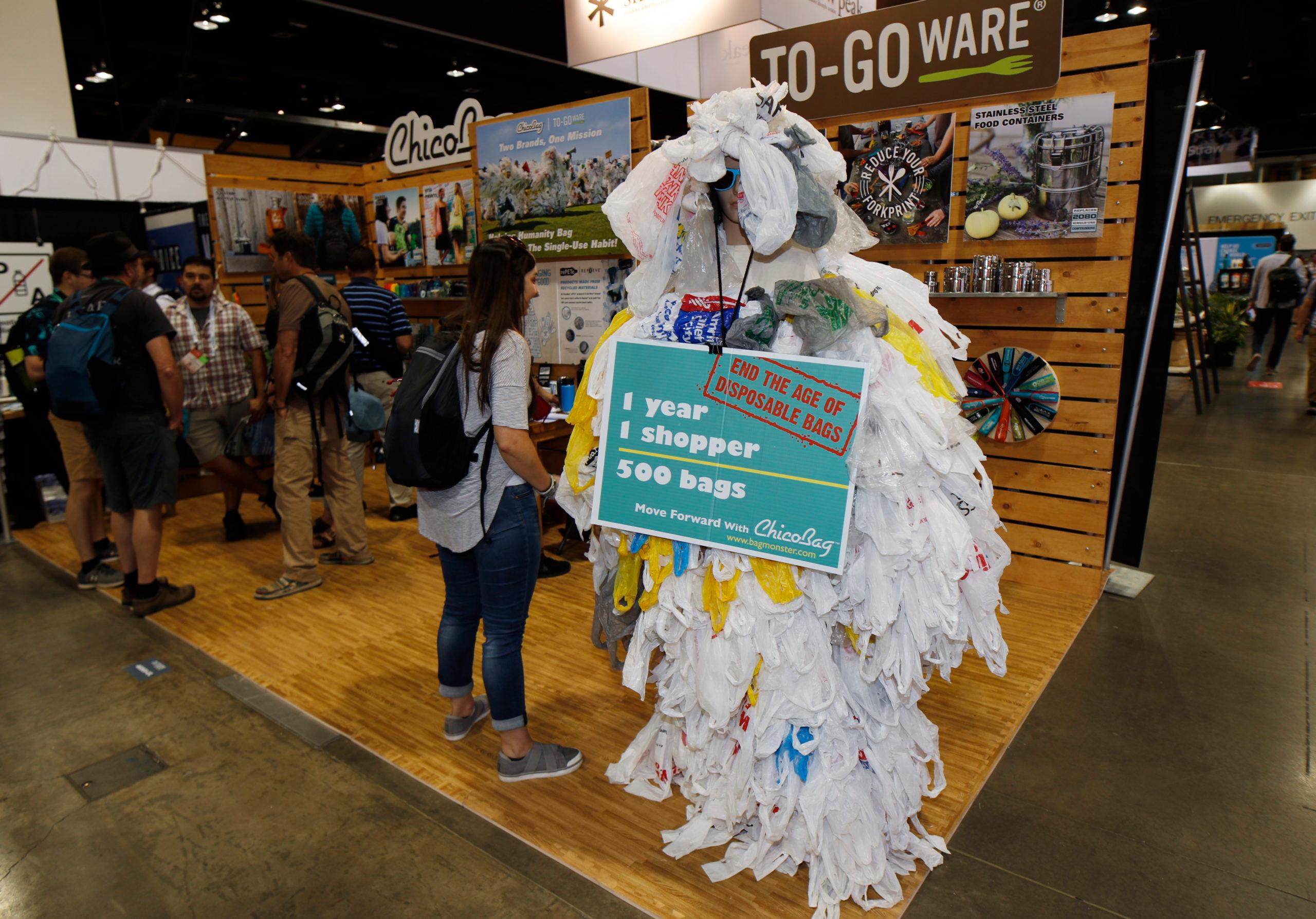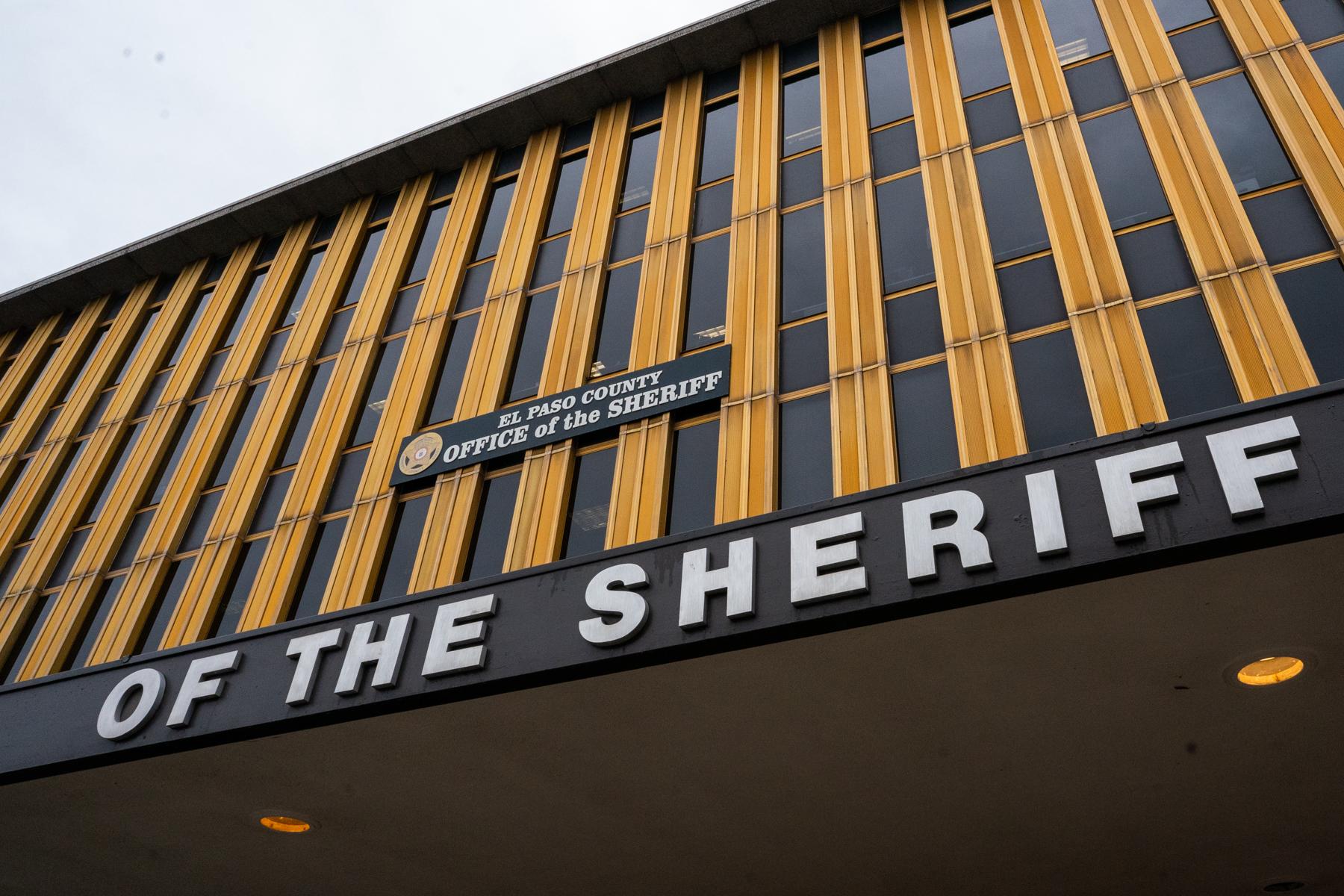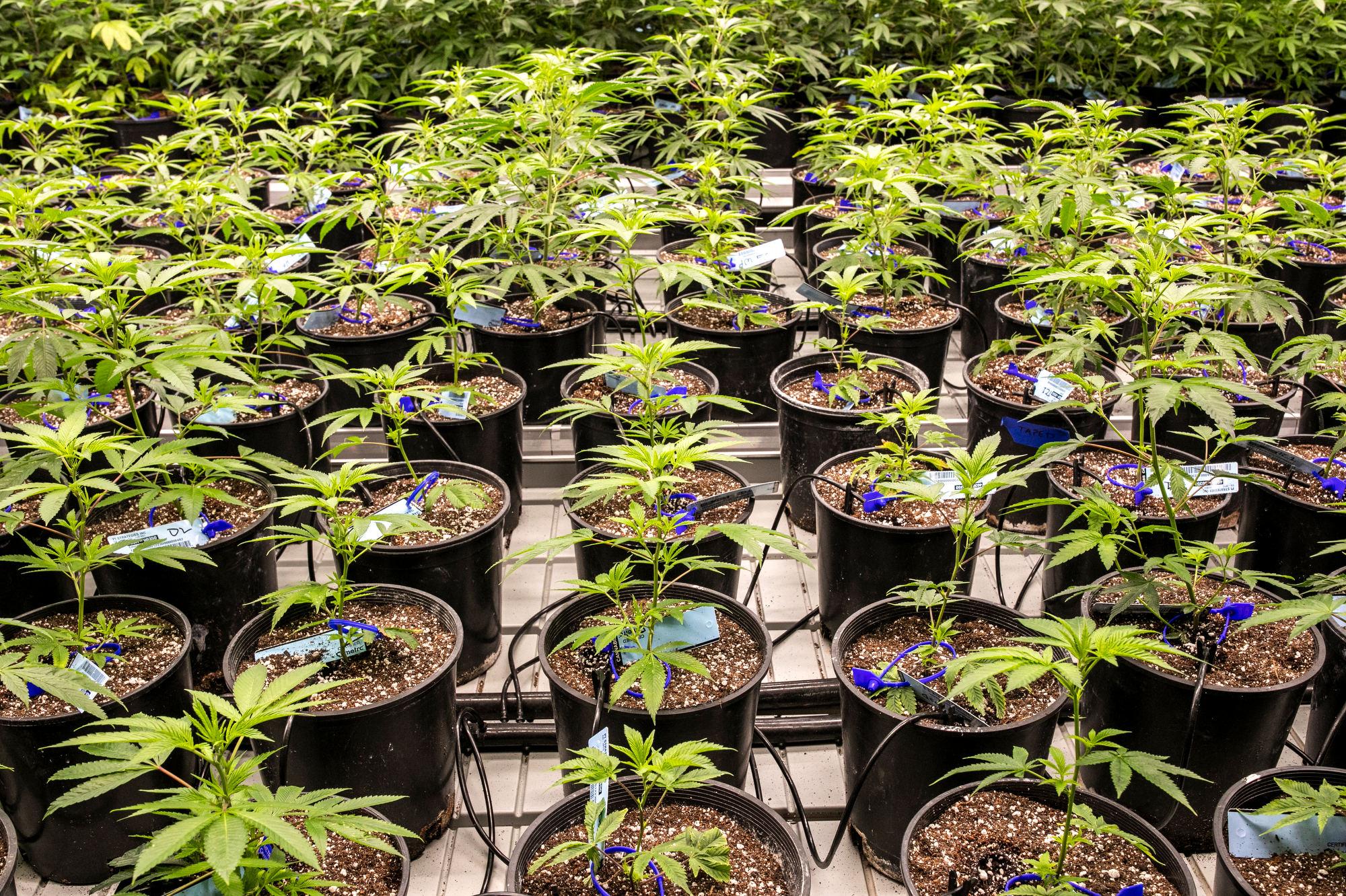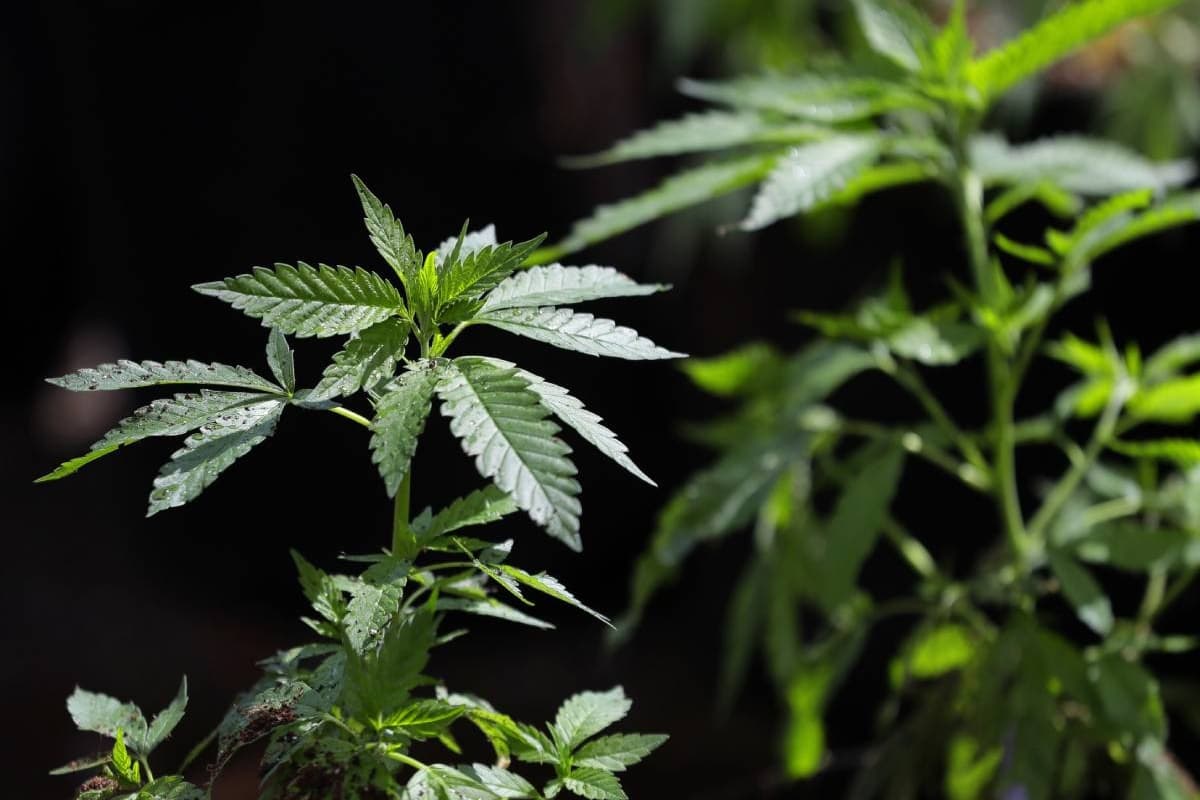
A little less than a month into the session and multiple bills are already on the table to either reduce or all-out ban types of plastic — a material that’s increasingly under attack with environmentalism at the forefront of many consumers’ minds.
Ban Bans On Plastic
This law was rumored to make an appearance during the 2020 legislative session, and here it is — SB20-010. It's a ban on the law that bans plastic bans. Follow that, OK? Colorado passed a law in 1989 that said, “No unit of local government shall require or prohibit the use or sale of specific types of plastic materials or products or restrict or mandate containers, packaging, or labeling for any consumer products.”
It began as a recycling incentive. Plastic bottles were increasingly popular in the ‘80s and the state didn’t have much of a recycling system yet. Local municipalities were desperate to find a solution and considered banning the bottles outright. But then, the state stepped in and came up with a compromise: It would invest resources into establishing a recycling system, but cities had to forfeit their right to ban plastic on their own.
Supporters feel the 1989 law now stands in the way of reducing plastic pollution and the Colorado Municipal League would like to see some local control restored.
“We have a proud, long tradition and respect for both local control and home rule authority here in Colorado,” CML’s Morgan Cullen said. “Yet we’re just one of 15 other [states] across the country that actually has one of these plastic preemptions.”
On the flip side, different rules in each city might create headaches for business owners. That potential legal patchwork has the Colorado Restaurant Association concerned.
“Even if you're a small restaurant group with just two locations that happen to be in separate jurisdictions, you could have significantly different regulations on what types of plastics can be used in your business,” the CRA's Nick Hoover said.
Hoover added that the association would prefer for a plastic ban to come from the state level instead.
Sorry Single-Use Plastics, You Gotta Go
This bill, HB20-1163, would put a statewide ban on single-use plastic that comes from restaurants and stores. Think bags, straws, plastic stir sticks and Styrofoam containers. The sponsor, Democratic Rep. Alex Valdez, said not only is the climate changing for a bill like this but now is the time as his party has a majority in both chambers and the governor’s office.
“The big difference this time is that consumer sentiment is changing, people all over the state are having a desire to do things differently and the environment is at the forefront of people’s thoughts,” he said. “I think this is one of those rare issues that really bridges both sides of the aisle in the sense that whether you’re an outdoorsman or a fisherman or a city dweller, pollution affects us all.”
Say Goodbye To Polystyrene
In a similar vein to the other bans on this list, HB20-1162 specifically targets styrofoam takeout containers at restaurants. It was introduced in the 2019 legislative but failed. It's now back for another go. The language in the bill is exactly the same as the last time.
How 'Bout We Turn Recyclable Materials Into Useful Things?
This bill, SB20-055, isn’t so much about plastic, but let’s include it anyway because it could potentially impact the volume of plastic recycled in the state.
Republican Sen. Kevin Priola wants to see more recycling end markets in Colorado. What's an end market, you ask? End markets are the places that turn your trash into new things, e.g. a plastic water bottle into a T-shirt, a glass jar into another glass jar. The process usually happens overseas; up until a few years ago, China was the largest accepter of U.S. recyclable materials.
A little bit of this is already happening in the state, like in Broomfield with Momentum Recycling but that company only deals with glass. Priola wants to create a tax credit program with this bill to encourage more recycling companies to focus on end-market production.
“Colorado has one of the lowest recycling rates in the nation and there’s a number of reasons for that,” he said. “We’re trying to have some homegrown manufacturing as well as remanufacturing of items that we currently just bury out on the Eastern Plains, a lot of which is in my district.”








